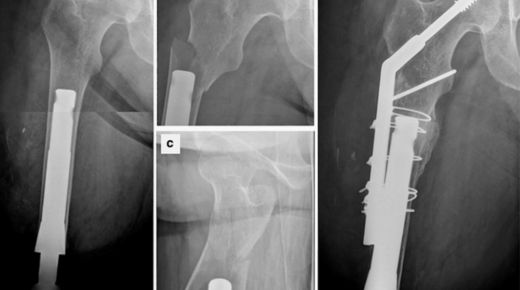Regular check-ups are crucial for maintaining your pet’s health and well-being, and at Ajax Veterinary Hospital, our dedicated team emphasizes the importance of preventative care. Just like humans, pets require routine health exams to detect potential issues before they become serious problems. By scheduling regular check-ups with our experienced veterinarians, you can ensure your furry friend receives personalized care, stays up-to-date on vaccinations, and benefits from early detection and treatment of potential health concerns.
From puppies and kittens to senior pets, our comprehensive check-ups are designed to promote optimal health, prevent illnesses, and strengthen the bond between you and your pet.
Why do Regular Checkups Matter?
Regular check-ups with a veterinarian are essential for maintaining your pet’s health and well-being. Here are some reasons why:
Preventative Care
Regular check-ups enable veterinarians to:
- Monitor health status
- Identify potential issues early
- Prevent illnesses through vaccinations and parasite control
- Guide nutrition, exercise, and lifestyle
Early Detection and Treatment
Regular check-ups increase the chances of detecting:
- Chronic conditions (e.g., diabetes, arthritis)
- Infectious diseases (e.g., heartworms, Lyme disease)
- Cancer
- Dental issues
Early detection allows for timely treatment, improving outcomes and reducing costs.
Improved Health Outcomes
Regular check-ups lead to:
- Better management of chronic conditions
- Enhanced quality of life
- Increased lifespan
- Reduced risk of complications
Reduced Healthcare Costs
Preventative care and early detection can:
- Minimize costly medical procedures
- Reduce hospitalization time
- Lower pharmaceutical costs
Enhanced Human-Animal Bond
Regular check-ups foster:
- Stronger relationships between pets and owners
- Improved communication with veterinarians
- Personalized care and advice
Vaccination and Parasite Control
Regular check-ups ensure:
- Up-to-date vaccinations
- Effective parasite control measures
- Protection against zoonotic diseases (transmissible to humans)
Nutrition and Lifestyle Guidance
Veterinarians provide:
- Personalized dietary recommendations
- Exercise and lifestyle advice
- Guidance on behavioral issues
Detection of Underlying Conditions
Regular check-ups can identify underlying conditions, such as:
- Kidney disease
- Liver disease
- Heart conditions
Improved Dental Health
Regular check-ups include:
- Dental examinations
- Cleaning and Prevention
- Treatment of dental issues
Peace of Mind
- Regular check-ups provide reassurance that your pet is healthy and thriving.
What to Expect During a Typical Visit?
A typical veterinary visit involves a comprehensive examination and consultation to ensure your pet’s optimal health. Here’s what to expect:
Pre-Visit Preparation
- Gather medical history and vaccination records.
- Write down questions or concerns.
- Bring stool samples (if requested).
- Arrive 10-15 minutes before the scheduled appointment.
Typical Visit Structure
- Check-In (5-10 minutes):
- The receptionist greets you and updates records.
- Weight and temperature measurements.
- Physical Examination (15-30 minutes):
- The veterinarian performs a thorough examination.
- Check vital signs, ears, eyes, teeth, and coat.
- Palpates abdomen, lymph nodes, and joints.
- Medical History Review (10-15 minutes):
- The veterinarian discusses medical history.
- Reviews vaccination records.
- Asks about diet, lifestyle, and behavior.
- Diagnostic Tests (variable time):
- Blood work, urinalysis, or imaging studies (if necessary).
- Results may be available immediately or later.
- Consultation and Recommendations (15-30 minutes):
- The veterinarian discusses findings and recommendations.
- Answers questions and addresses concerns.
- Guides nutrition, exercise, and health maintenance.
Additional Procedures
- Vaccinations: Administered as needed.
- Blood Draws: For diagnostic testing.
- Microchip Scanning: To ensure identification.
- Dental Care: Cleaning, examination, or treatment.
Schedule Recommendations
- Puppies and Kittens: Every 3-4 months until 1 year old.
- Adult Pets: Annually or bi-annually, depending on health status.
- Senior Pets: Bi-annually or quarterly, as health issues arise.
Tips for Preparing for a Veterinary Visit
- Gather Medical History: Update your pet’s medical records.
- Prepare Questions: Write down concerns or questions.
- Bring Stool Samples: If requested by your veterinarian.
- Arrive Early: Allow time for paperwork and preparation.
- Stay Calm: Remain calm and composed to minimize pet stress.
Regular check-ups with a veterinarian are essential for maintaining your pet’s health and well-being. By prioritizing preventative care, you’ll ensure your furry friend lives a long, happy, and healthy life. Schedule regular visits and follow your veterinarian’s recommendations to provide the best possible care.




